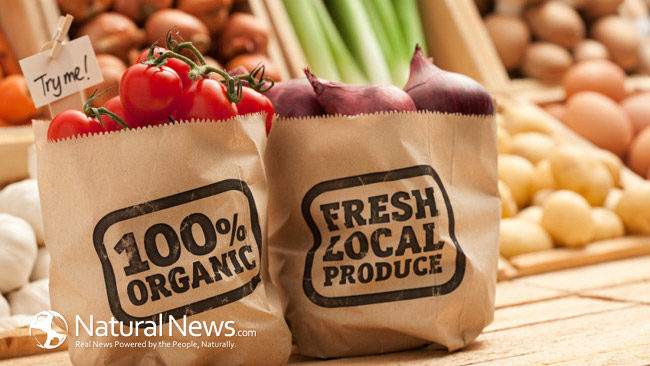There is a great deal written about buying organic foods but consumers could be confused about its importance. Given the vast amounts of information out there, some guidance about the foods that must be purchased organically is a must to help out confused consumers. This is particularly important because a number of people are on a budget and organic foods can cost considerably more.
Growing Evidence Continues to Raise Concerns
A recent Consumer Reports release criticized traditional farming citing its reliance on pesticides allows it to produce food that is not sustainable or safe for consumption. The group pointed to the evidence that states that the costs are too high and do not justify the negligible benefits that occur when pests are controlled using these substances.
A Fine Balance
However, given that people generally do not consume enough fruits and vegetables, public health advocates know that they must tread carefully when it comes to warning about the ramifications of consuming pesticide laced foods. In fact, many advocates believe that even eating those foods that are traditionally grown if it helps increase the consumption of fruits and vegetables, is better than nothing at all.
Rating the Fruits and Vegetables
Nevertheless, even though the process is rather complicated, Consumer Reports decided to analysis the mountain of data available on the subject and report on its findings. The data they analyzed includes pesticide toxicity assessments provided by the Environmental Protection Agency (EPA) and evidence of pesticide residues according to data gathered by the United States Department of Agriculture (USDA). A typical serving size was also calculated and taken into account. From that data, the group then ranked the risk of each of the fruits and vegetables from Very High to Very Low.
The Five to Stay Away From
The result was five fruits and vegetables that Consumer Reports advises shoppers to always be organic since the extra cost of the distinction makes it well worth it in terms of better health.
- Strawberries are a high risk fruit and Consume Reports suggests buying conventionally grown blueberries and raspberries if organic strawberries cannot be found. Another option is to purchase strawberries that have been grown locally without harmful pesticides.
- Sweet Bell Peppers — whether imported or grown domestically — fall into the high risk category. In addition, because children’s systems are still growing and are particularly vulnerable to the effects of pesticides, even though the government sets limites on the amounts used, buy sweet bell peppers organically when even possible.
- Peaches that are grown using traditional methods showed that they were high risk due to the amount of pesticide residue found on them and are considered by many experts to be one of the most problematic foods available. Although fresh organic peaches are best, canned peaches are a healthy alternative if organic cannot be found.
- Green beans have a long history of pesticide risk. In fact, according to Consumer Reports, even though a number of other types of produce have seen a reduction in the amounts of pesticides used, this is not the case of green beans. For more than 20 years, the much loved vegetable has shown a high level of pesticide residue.
- Carrots, while these vegetables have a lowered risk when compared to some other options, Consumer Reports still recommends purchasing them organically whenever possible. Because carrots are grown underground, they have a tendency to absorb all the elements — good and bad — that exist in the soil. For conventional grown carrots, this is likely to be plenty of pesticides.
Consumers can take the above list to the store so they will know the best and healthiest fruits and vegetables when it comes to purchasing organic.
Sources: washingtonpost.com, healthandenergyfoods.com
More From Author:





